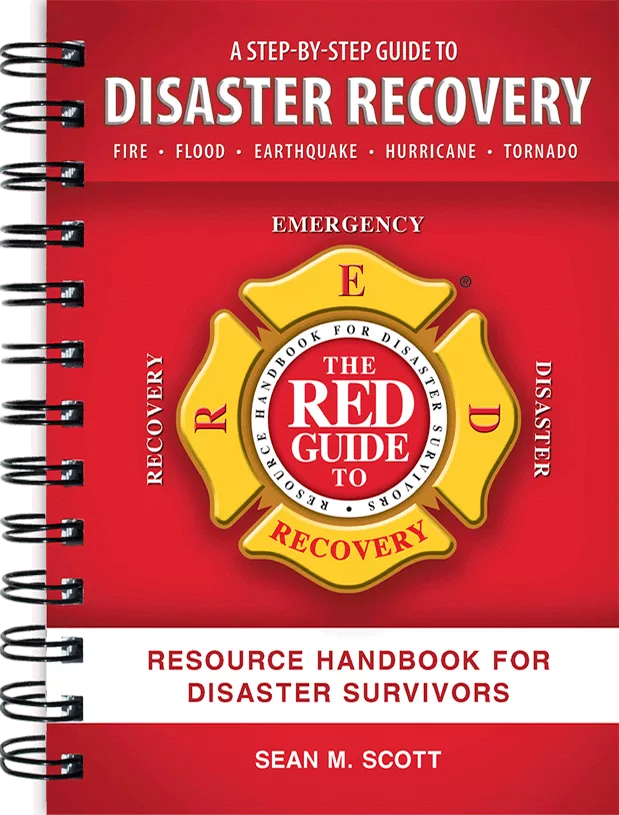Selling a Business is a Process, Not a Choice

Put all your eggs in one basket and then watch that basket.” Andrew Carnegie said that in 1885, although some attribute it to Mark Twain. Whoever said it was correct. You need to watch that basket!
If you are like most entrepreneurs, you have spent your life watching over your basket, your business. If you are nearing retirement or ready to start a new chapter in your life, it’s even more important that you tend to its precious contents.
Making that transition can be overwhelming. You may be asking, “Whom do I talk to? Where do I start?”
Unlike some whose investment portfolios are diversified, many business owners have the majority of their funds invested in one thing- their business. Converting that life’s work into a successful retirement is not a trivial matter.
An Expensive Choice to Make
Done poorly, it’s a choice. Typically it looks like this: After a frustrating event at the office, you abruptly decide to sell what took years to create. After finally crossing the ‘emotional hurdle’ of wanting to sell, you just want to close this chapter of your life and move on to the next.Without looking at the much larger planning and financial picture, you unknowingly will leave hundreds of thousands of dollars (or more) on the table for the buyer, or worse yet, the IRS.
Creating a Deliberate, Lucrative Strategy
Done properly, it’s a deliberate course of action called an “Exit Strategy.” For business owners, a three-part exit strategy is typically aimed first at business succession planning, and then focuses on retirement and estate planning.
Succession Planning
Succession planning will start with the hard questions about your business, such as:- Is it best to sell my business, or transition to family members or key employees?
- How would I sell my business… and to whom?
- What is my business worth?
- Can I prepare my business for sale?
- When is the best time to sell?
Retirement Planning
Retirement planning will then take a look at the next chapter for you and your family. Obviously this planning looks at cash flow requirements, risk factors and more. However, the much bigger picture when faced with the decision to sell your business is wealth preservation-the process of converting your life’s work into a solid, future cash flow.Estate Planning Preserves Your Wealth
Estate planning ties it all together with wealth preservation. It also spotlights the transference of wealth to family members, heirs, or other charitable considerations in the most appropriate and tax efficient manner. Depending on your financial situation and entity structure, there may be a variety of wealth preservation vehicles available to you. With quite possibly the bulk of your wealth hanging in the balance, understanding how to protect and preserve it is time well spent.
Most Businesses Lack a Succession Plan
Despite the growing awareness that designing a proper exit strategy is an essential process with numerous benefits, a recent study titled “Effective Succession Management” found that only 1% of surveyed business owners rated their succession plans as “excellent.” Sadly, as many as two-thirds described them as “non-existent or poor.”Why? Most business owners have spent countless sleepless nights worrying about their businesses, taken scores of calculated risks and incalculable hours creating their wealth. Yet, finding the handful of hours necessary to preserve it somehow falls to the bottom of their priority list.
Once the decision has been made and your focus shifts from acquiring to preserving wealth, the guidance and advice from your professionals will focus on extracting and preserving your hard-earned dollars.
Creating a Transition Team
This is not a time to be the Lone Ranger. You will need a “Transition Team” including a business transaction attorney, CPA, estate and financial planners, and a business broker or mergers and acquisition advisor. Working in harmony as your skilled advocates, team members will have two priorities: maximizing your financial (and emotional) yield and minimizing your risk, both at the point of sale and into retirement.Ideally, the planning process begins years before your actual retirement. Realistically, many times it starts less than a year in advance. Depending on the strength of your company, the key “value drivers” it possesses (i.e. management capacity, client risk factors, brand identity, financial trends and cleanliness, etc.) and the strength of your team, one year may be plenty of time.
Remember, the good news is that your team will be able to supply answers to your critical questions. In fact, cooperatively they will create options and solve problems for you and your business that you’ve not yet considered. Once you receive answers to all your initial questions and discover your best options, only then can you make the smartest decisions for your family and business.

Planning for the Best Possible Outcome
No matter how you exit, establishing an exit strategy is one of the most significant issues facing you and your business. Worst-case scenario, it protects you from what’s called a “forced sale,” needing to sell due to illness or disability. Things like that always happen to somebody else…right? Best-case scenario, an effective plan protects you, your family and your employees. In essence, it protects the quality of your future.In the end, solid advice through an effective exit strategy will support a high quality of life for you and your family with no unwelcome surprises. It means you have “watched your basket” and raised your business to a profitable pinnacle. The best result? Confidence and peace of mind you may not have felt in years.
Looking for a reprint of this article?
From high-res PDFs to custom plaques, order your copy today!






